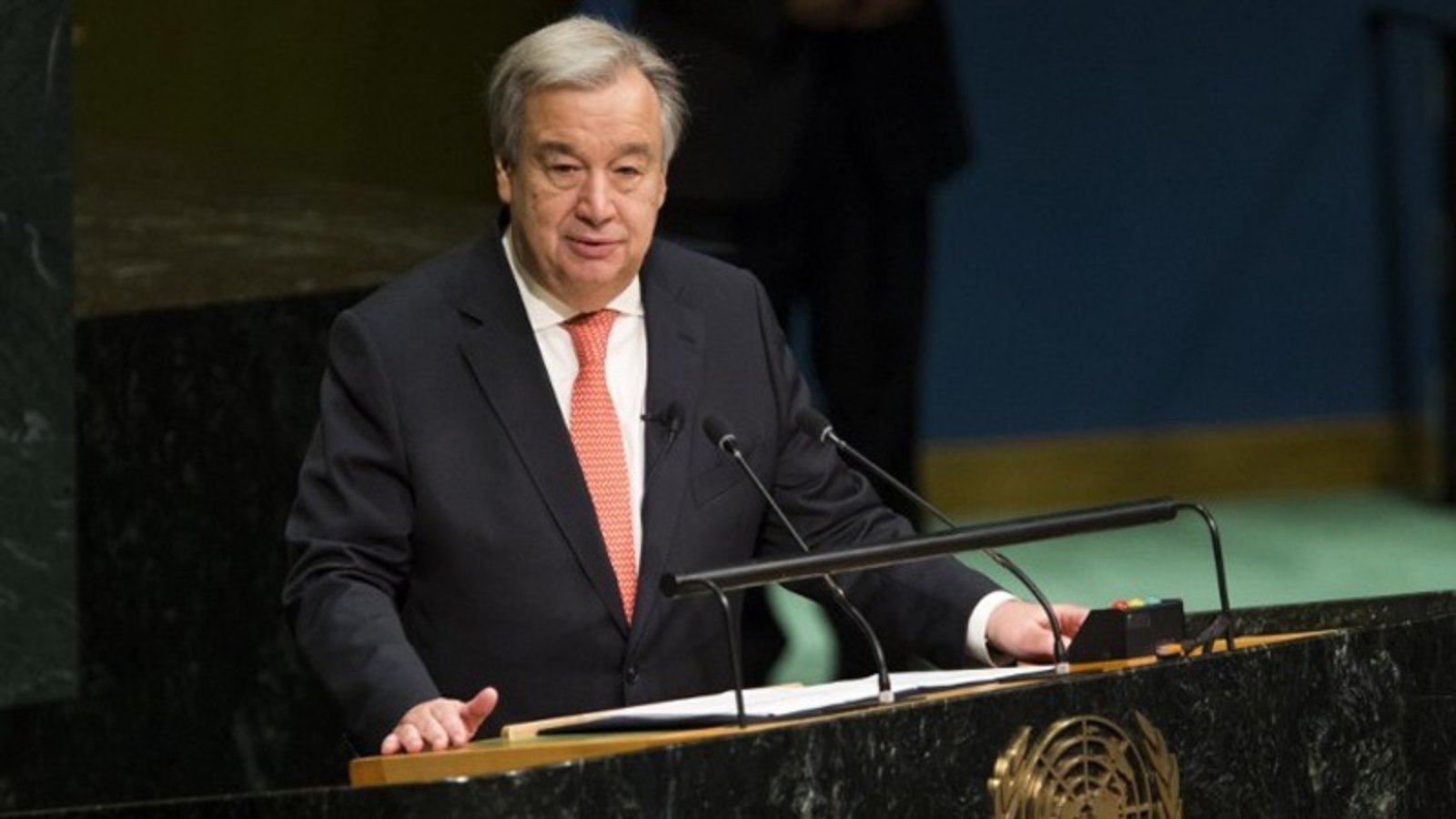UN Secretary-General Antonio Guterres has urged all to pledge to work for inclusive societies and economies that leave no one behind.
“If the world is to put human dignity and human rights at the center of the COVID-19 response and recovery, we need to do more to protect trafficking victims and prevent vulnerable people from being exploited by criminals,” he said.
The UN chief made the remarks in a message marking World Day Against Trafficking in Persons.
This year’s World Day Against Trafficking in Persons honors the first responders helping to end the crime of human trafficking: law enforcement officers, social workers, healthcare professionals, NGO staff, and many others working around the world to protect the vulnerable.
Like the frontline heroes saving lives and sustaining our societies in the COVID-19 pandemic, these providers are keeping vital services going throughout the crisis — identifying victims, ensuring their access to justice, health, social assistance and protection, and preventing further abuse and exploitation.
“I thank these first responders and urge all governments and societies to join their cause, including through the United Nations Voluntary Trust Fund for Victims of Trafficking in Persons,” said the UN chief.
The COVID-19 pandemic has exposed and exacerbated many global inequalities, created new obstacles on the path to achieving the Sustainable Development Goals, and left millions of people at greater risk of being trafficked for sexual exploitation, forced labor, forced marriage, and other crimes, Guterres said.
“Women and girls already account for more than 70 percent of detected human trafficking victims, and today are among the hardest hit by the pandemic,” he said.
With previous downturns showing that women face a harder time getting paid jobs back in the aftermath of the crisis, vigilance is especially important at this time, Guterres said on this World Day against Trafficking in Persons.❑
























